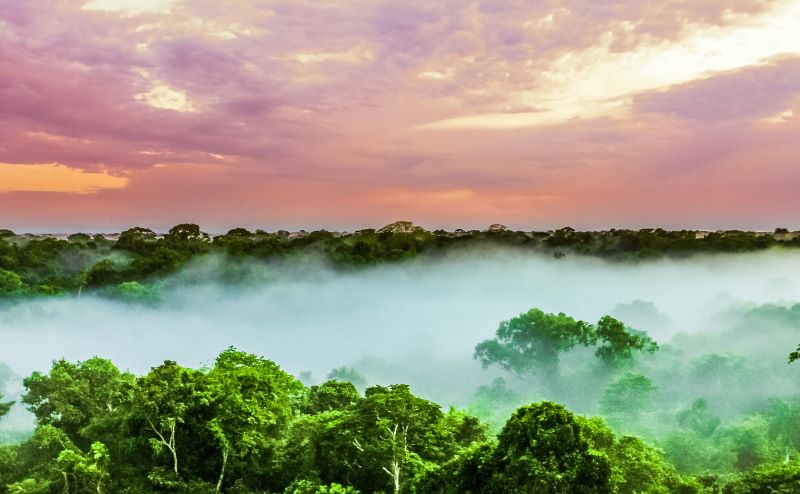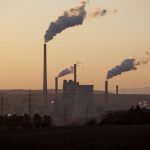What Is Being Done to Stop Deforestation?
- Categories:
- Forests

The COP26 deforestation agreement
At the UN climate summit in November, 137 countries committed to halt and reverse forest loss and land degradation by 2030.
The agreement recognises that protecting and restoring ecosystems, and managing land sustainably, has the potential to reduce annual net greenhouse gas emissions by more than 7 giga tonnes by 2030. It will also support adaptation, reduce climate vulnerability, promote biodiversity, and enhance livelihoods.
A promising sign is that significant funding is being put in place to back up this pledge. The agreement includes the Global Forest Finance Pledge, signed by 11 countries and the European Union, which declares an intention to provide US$12 billion for forest-related climate finance between 2021-2025.
12 contributors, including countries and private donors, also pledged at least $1.5 billion (£1.1 billion) to protect the forests of the Congo Basin, which are particularly important for absorbing carbon because they grow in peatlands.
14 contributors pledged at least $1.7 billion from 2021 to 2025 to advance Indigenous Peoples’ and local communities’ forest tenure rights and support their role as guardians of forests and nature. In addition to this, a further $7.2 billion of private sector funding has been mobilised.
US President Joe Biden has also announced his intention to approach Congress regarding contributing $9 billion more between now and 2030.
However, some are concerned that this is another empty promise and are asking what will actually be done to stop deforestation.
The New York Declaration on Forests, agreed in 2014, also set a target of no deforestation by 2030 but very little progress had been made by 2020, with rates of forest loss actually increasing.
Others have suggested that there is more reason to be optimistic this time, though, with Brazil and Russia joining the agreement, and the countries signing accounting for 90% of the forest cover on Earth.
Banning imports linked to deforestation
Another sign of action against deforestation has come with the European Union announcing its intention to ban the import of commodities that are linked to deforestation.
A draft law has been outlined which would require that companies prove any agricultural commodities destined to be imported are not linked to deforestation.
The products covered by the ban will likely include beef, palm oil, wood, soy, coffee and cocoa. However, rubber has been excluded from the initial proposals, something that has been criticised by environmentalists.
This is the first time the EU will aim to target all products that are linked to deforestation of any kind, not just those that are linked to illegal deforestation, which shows a firmer intention to crack down on countries like Brazil where forests no longer have many legal protections.
The EU hopes that other major markets, such as the US and China, will follow in their footsteps in order to more effectively tackle deforestation on a large scale. They also hope that this action will encourage more sustainable means of producing these commodities that don’t involve deforestation.
Stopping deforestation is possible if real action is taken and this will be essential for tackling climate change because forests and peatlands store so much carbon. The announcements so far show an intention to stop deforestation, and we hope that more will be done soon to ratify our response.










